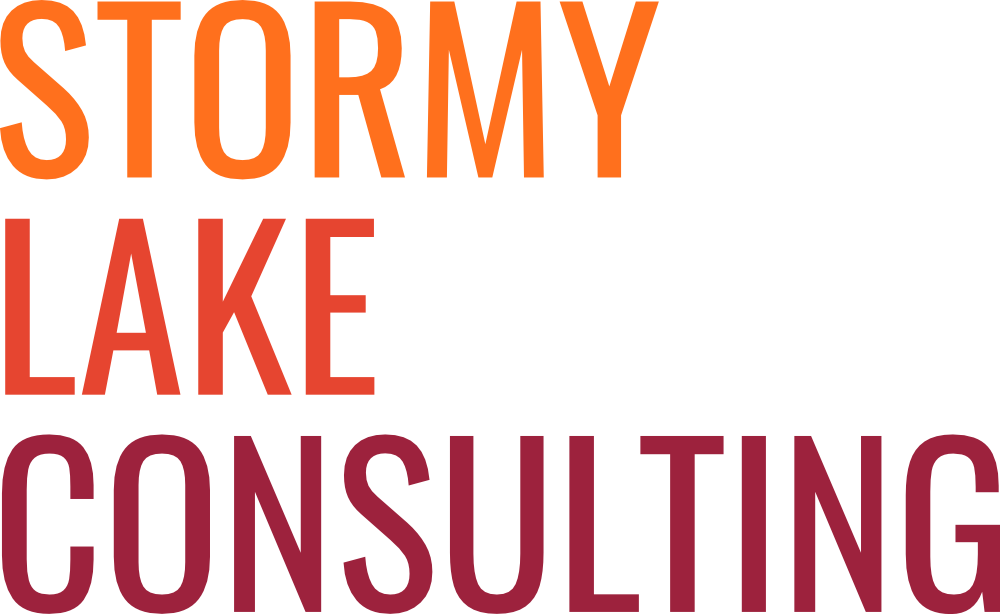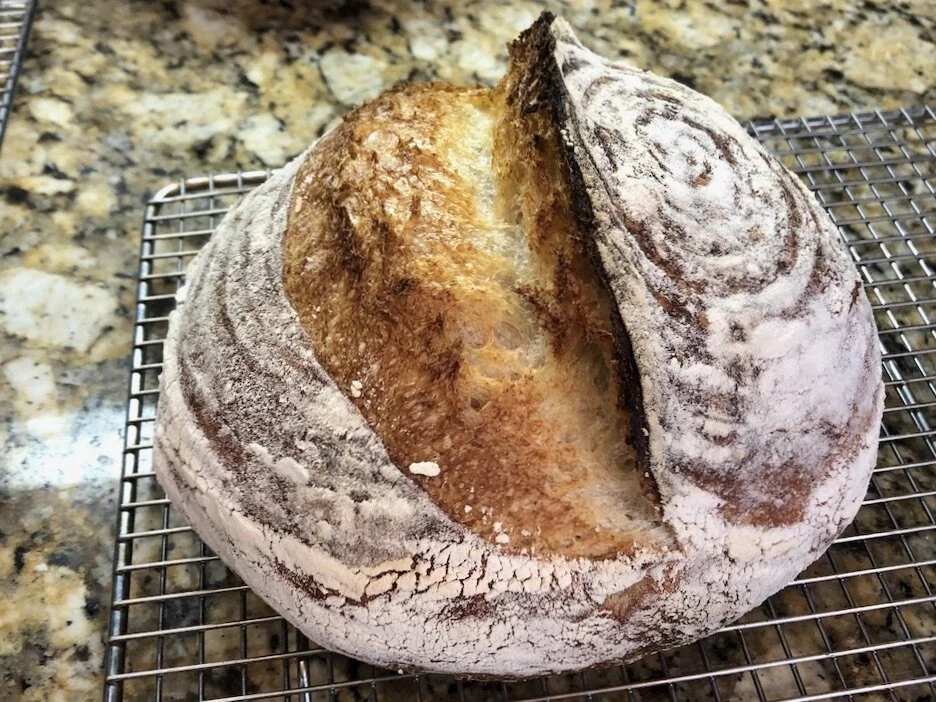Behind Closed Doors: The Weekly COVID-19 Update
This week we’re taking a look at what is happening – and not happening – behind closed doors.
The good news is that while jokes abound, social media mentions of divorce, separations and break ups do not appear to be increasing. The obvious next question is “What about coronababies?” Will we have an onslaught of births during the Christmas season?
The answer seems to be yes. Sales of low-cost pregnancy tests are up by 25% in the UK since home isolation started. This might be an anomaly if Britons are friskier than most, but hundreds of years of cultural stereotypes would suggest not.
On a more professional front, attitudes towards working at home have been evolving in constructive ways. A new work-life balance is normalizing. People are talking a whole lot less about working from home than they were at the start of March. The sentiment is become markedly more positive as well.
Early on, people were often talking about practical elements of working from home – how they were making it work. Some mourned their office plants. Lately, lots of people are talking about their accomplishments – what their teams have managed to achieve while working from home. One of the many predictions about how COVID-19 will change our world is that the paradigm of being present in the office will be fundamentally reshaped. Early indications support this possible future.
We are all familiar with the global sourdough craze. It is a legitimate movement as the sourdough conversation is four times larger than it was pre-lockdown. Baking is up 2x. Yet many other hobbies and activities have not changed, such as woodworking, painting, drawing and knitting.
This is a very interesting trend. Australian chef Dan Lepard observes, “This coronavirus crisis has highlighted how many people have no skills whatsoever in baking yet were ready to buy all the flour and yeast they could and somehow give it a go.”
Gratuitous photo of Stormy Lake sourdough.
There is a significant emotional and psychological component to this movement. Bread is one of the foundations of Western civilization. It provides a primal connection to our survival through the millennia of wars, economic hardships and pandemics. By making bread, we are not just feeding ourselves but making our world a safer place and securing our future. (What else does this? Babies!)
What would you like to know?
Our COVID-19 Dashboard has been running for six weeks and we can look at many issues and see how the social media conversation is evolving. This week we asked two questions:
Are people more comfortable with working at home?
In the midst of this crisis, stuck at home, are people more driven to activities where they create?
If you have a question you’d like us to answer, just send us an e-mail.


